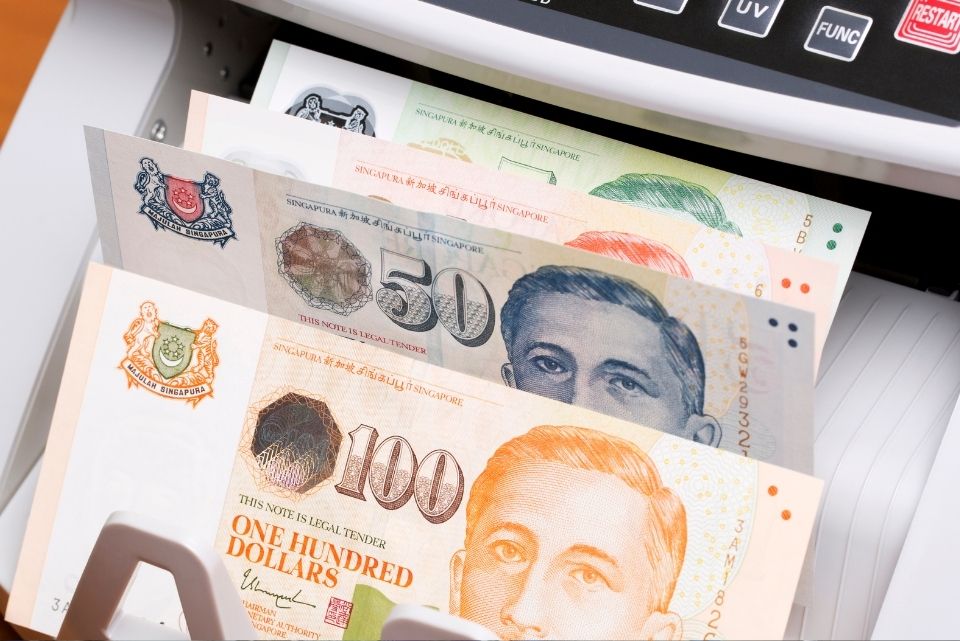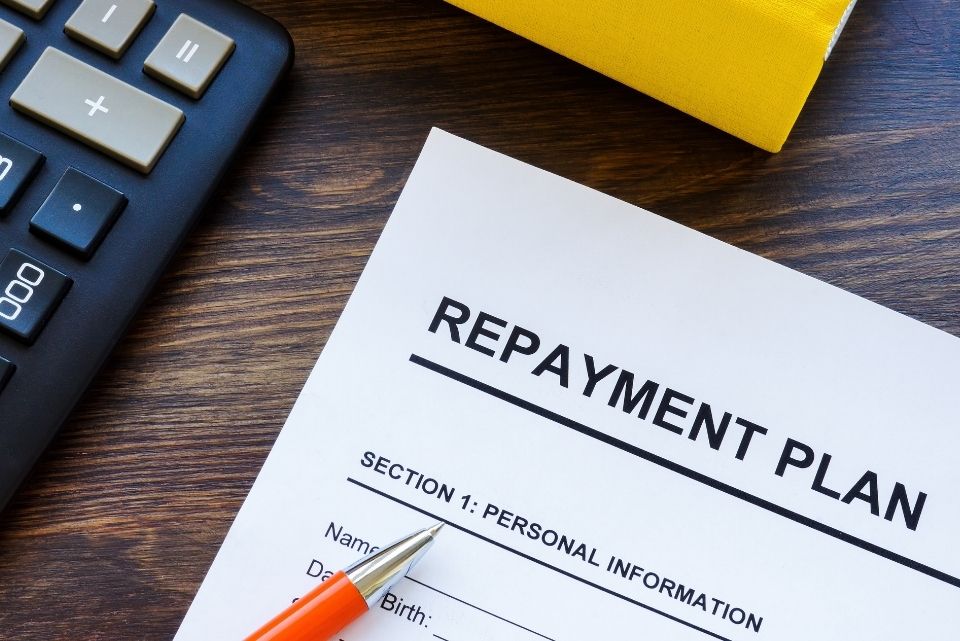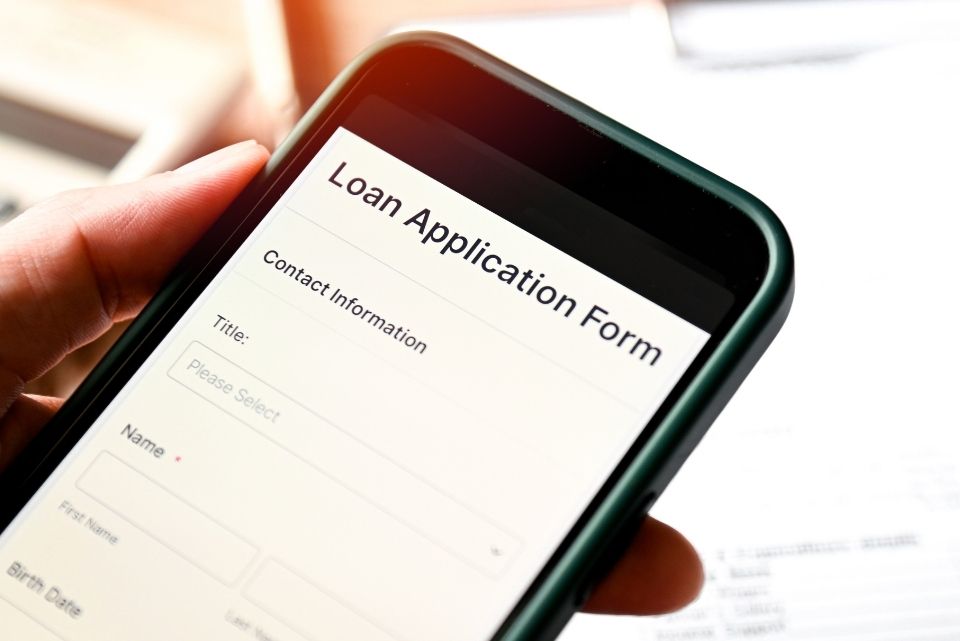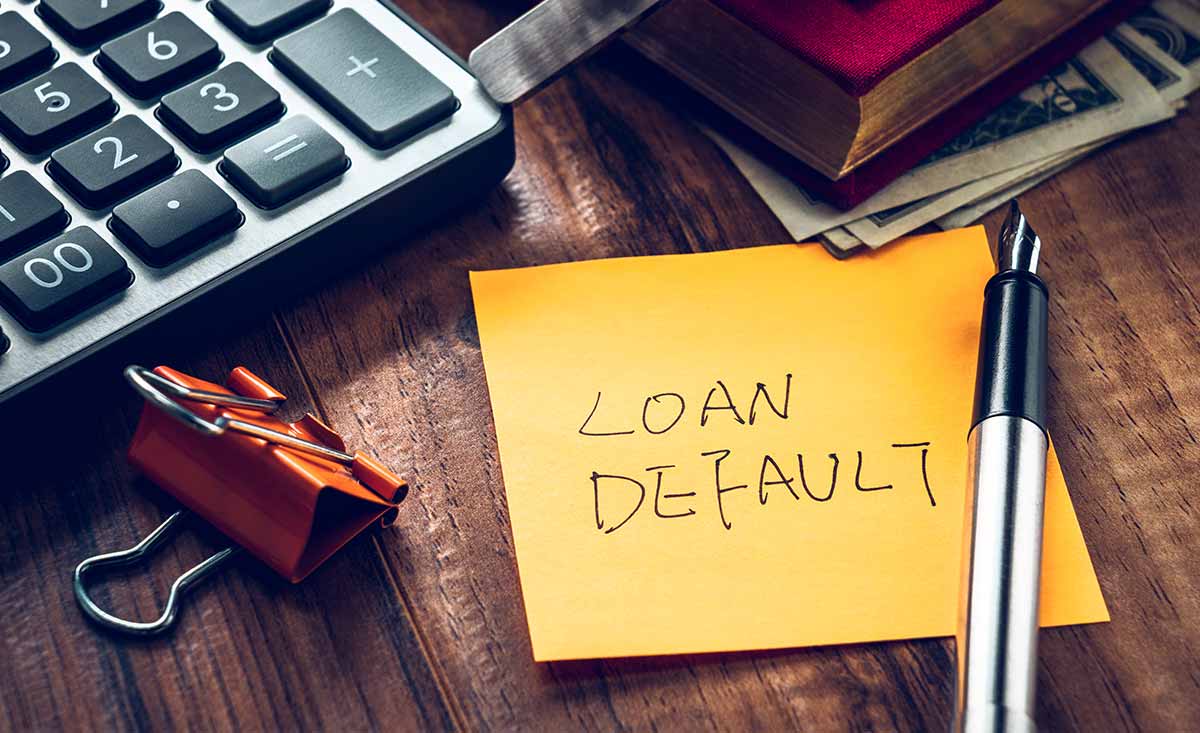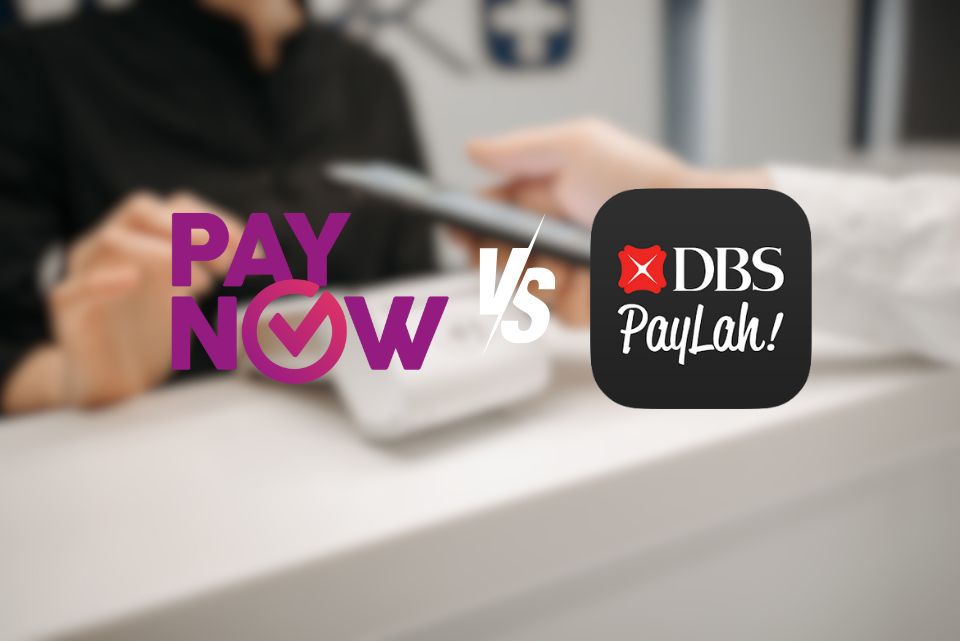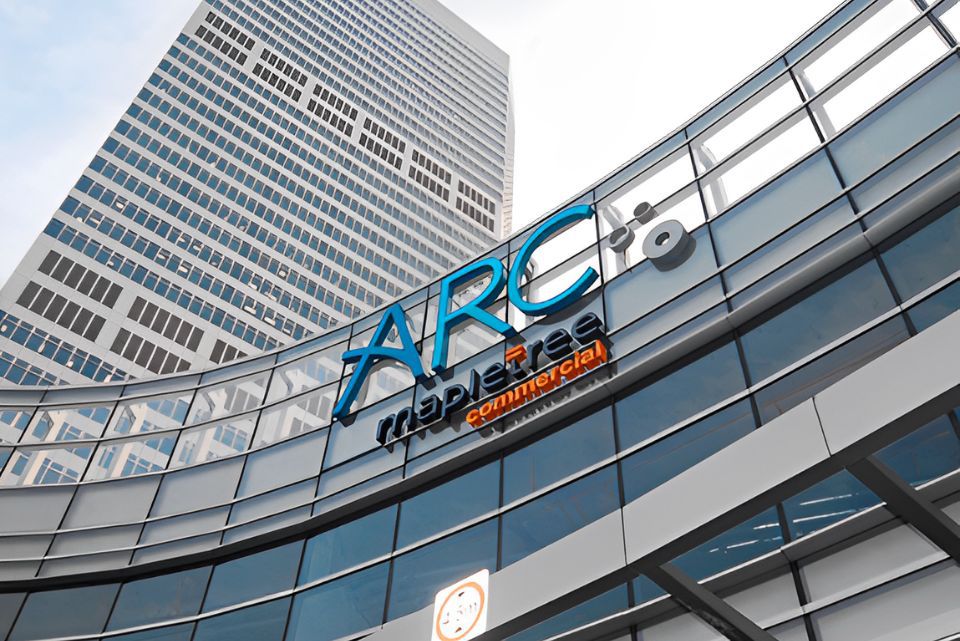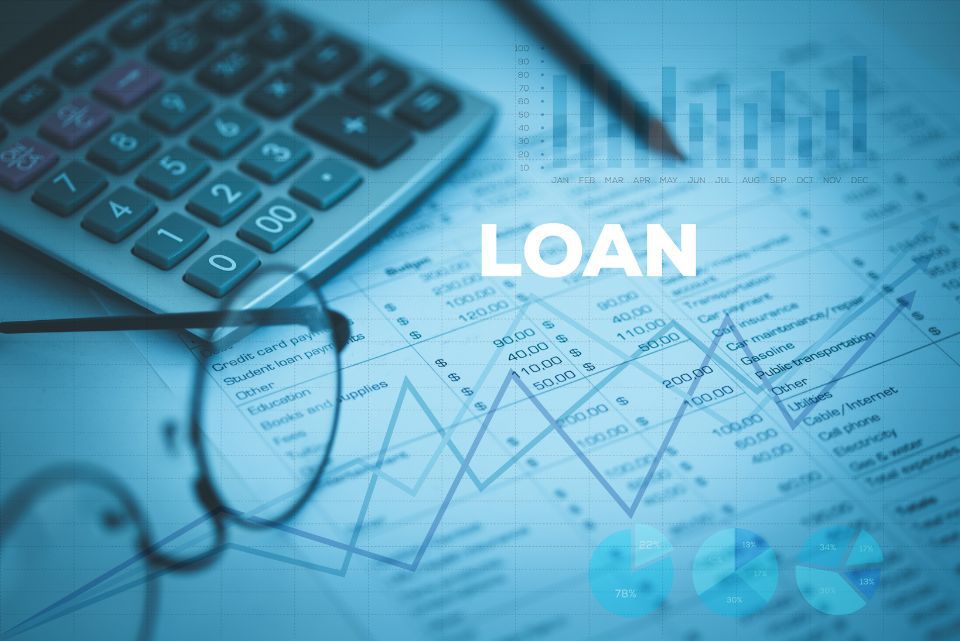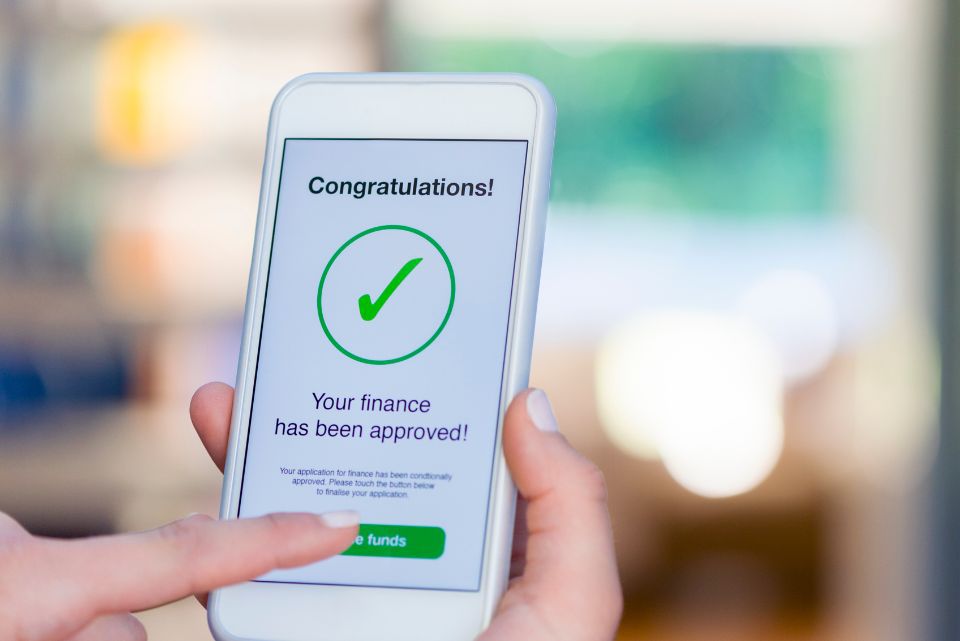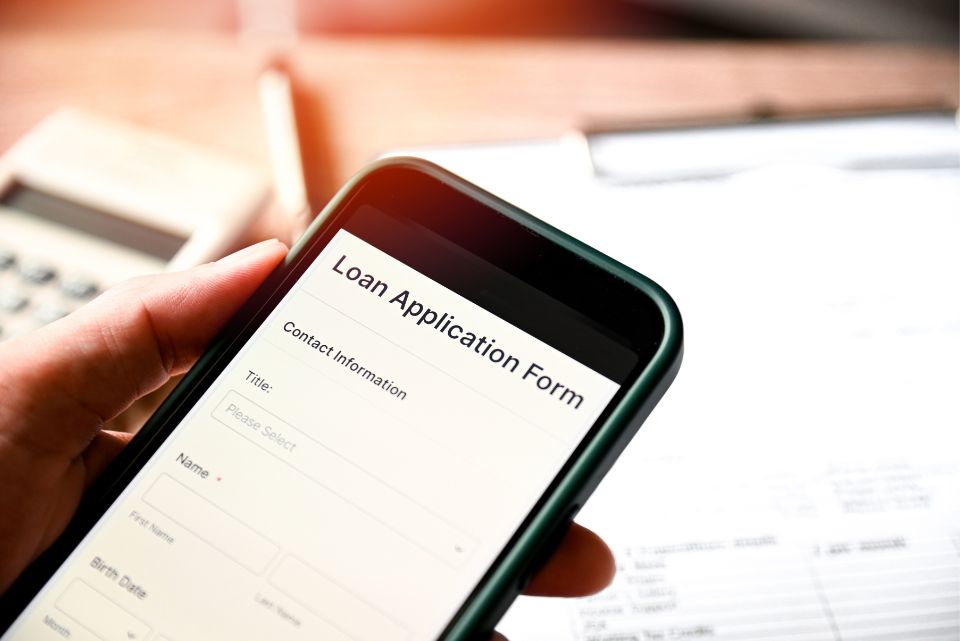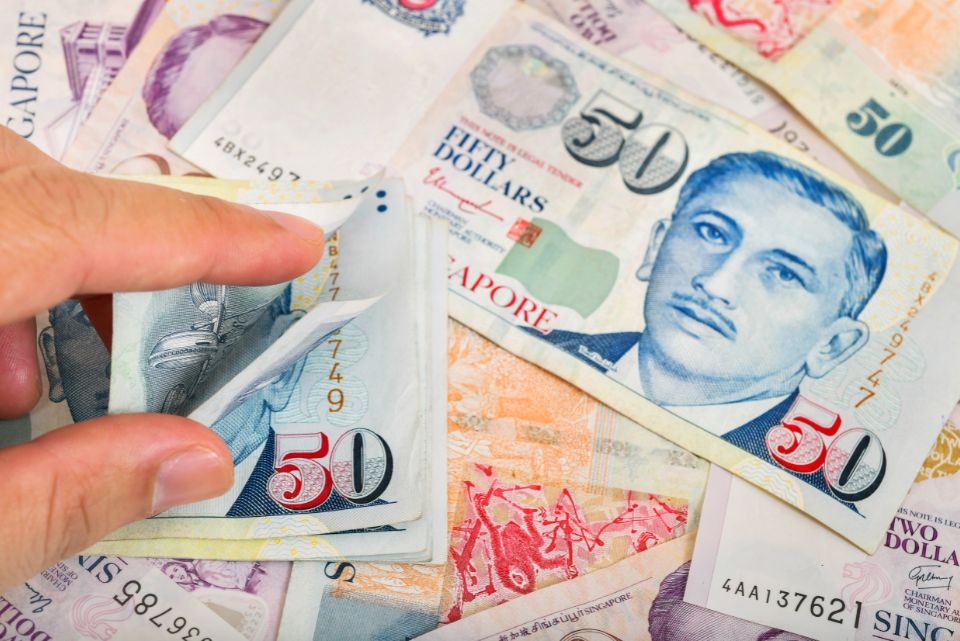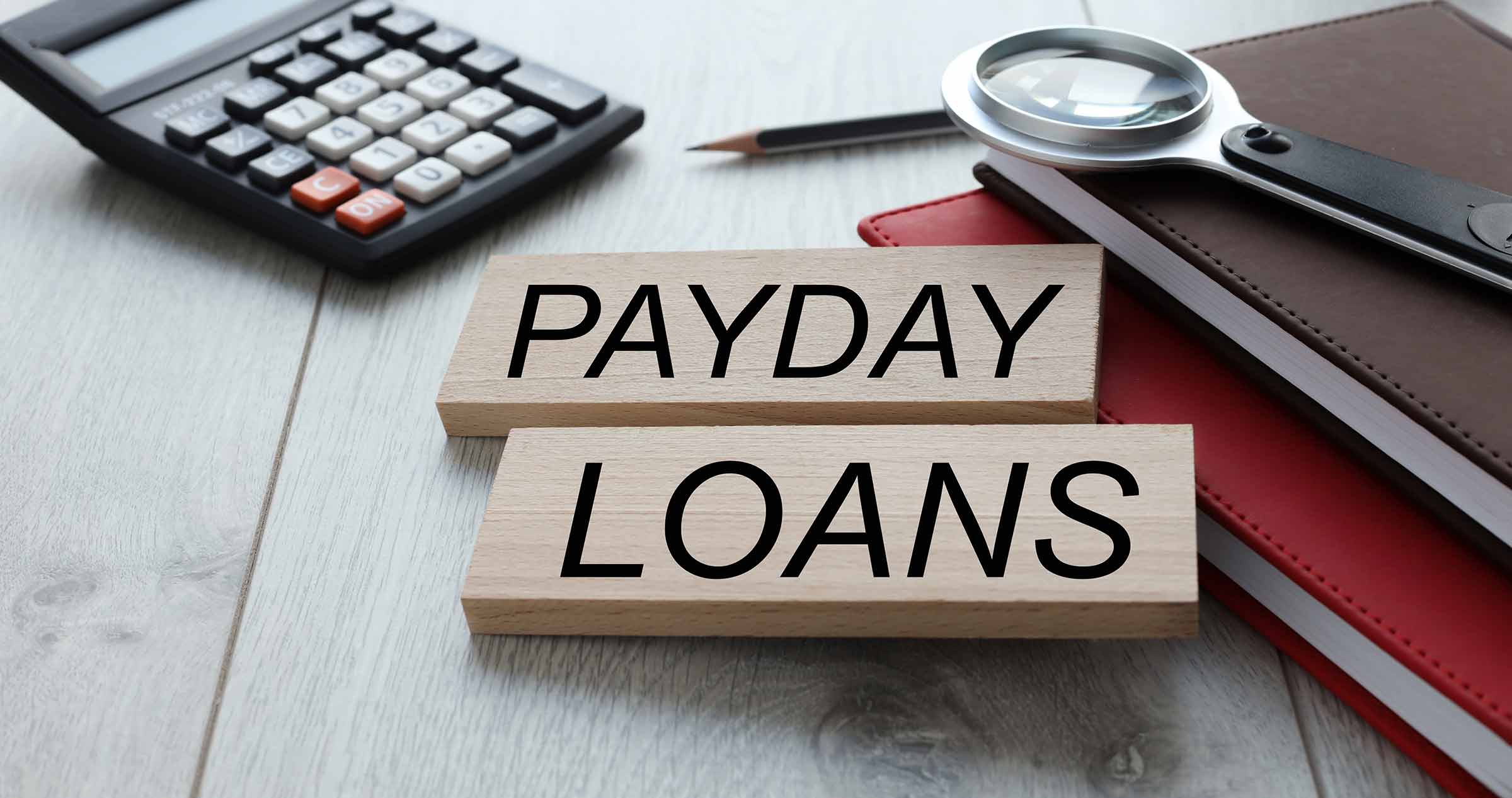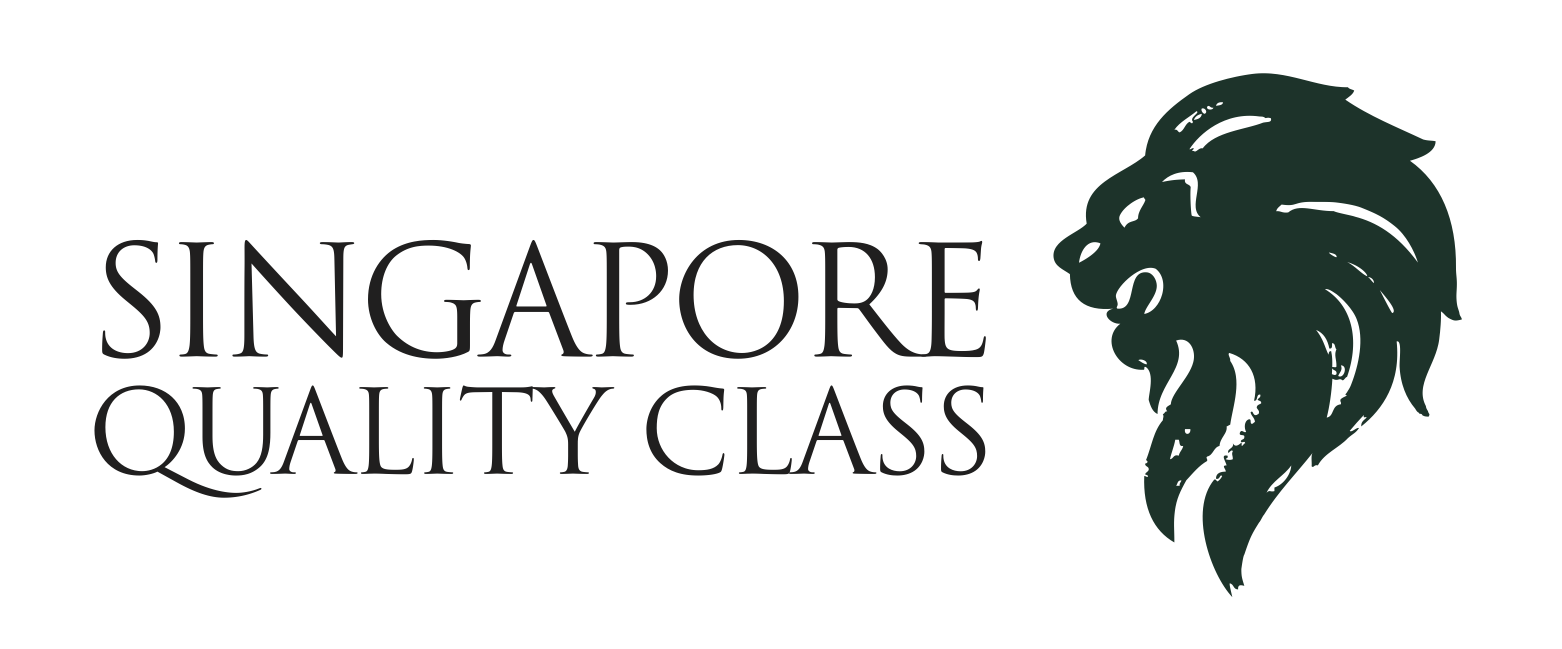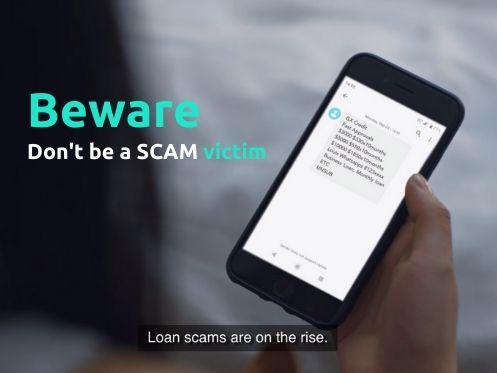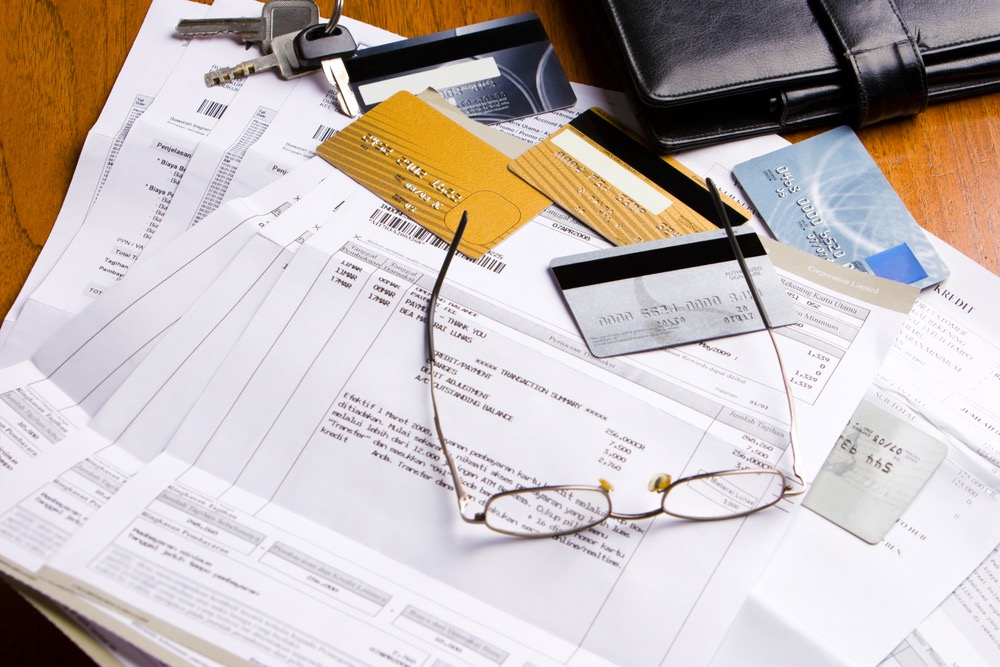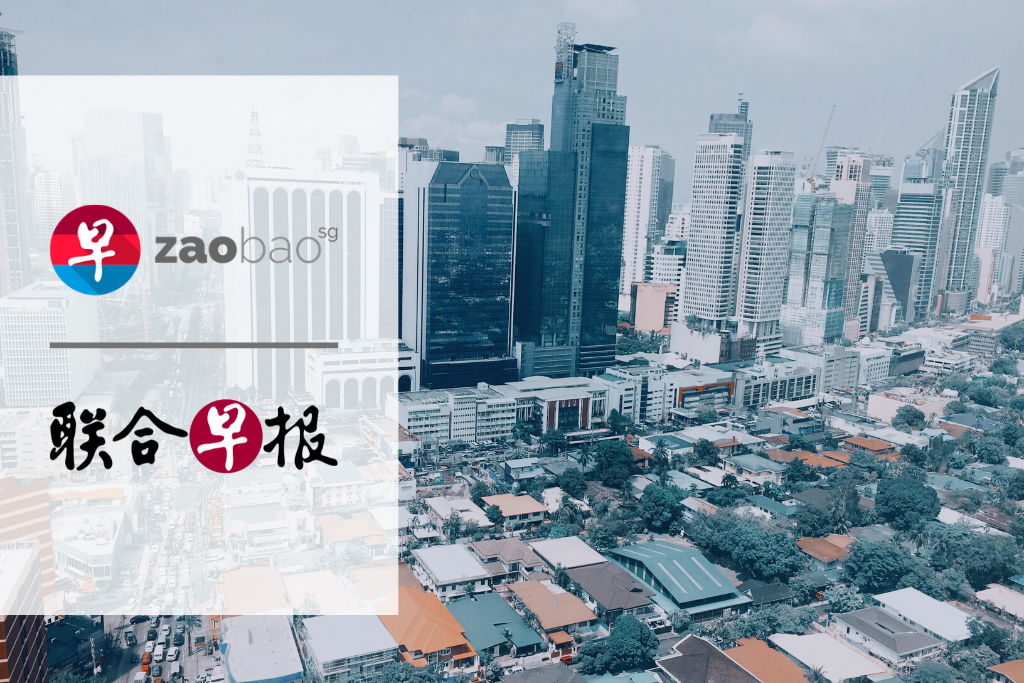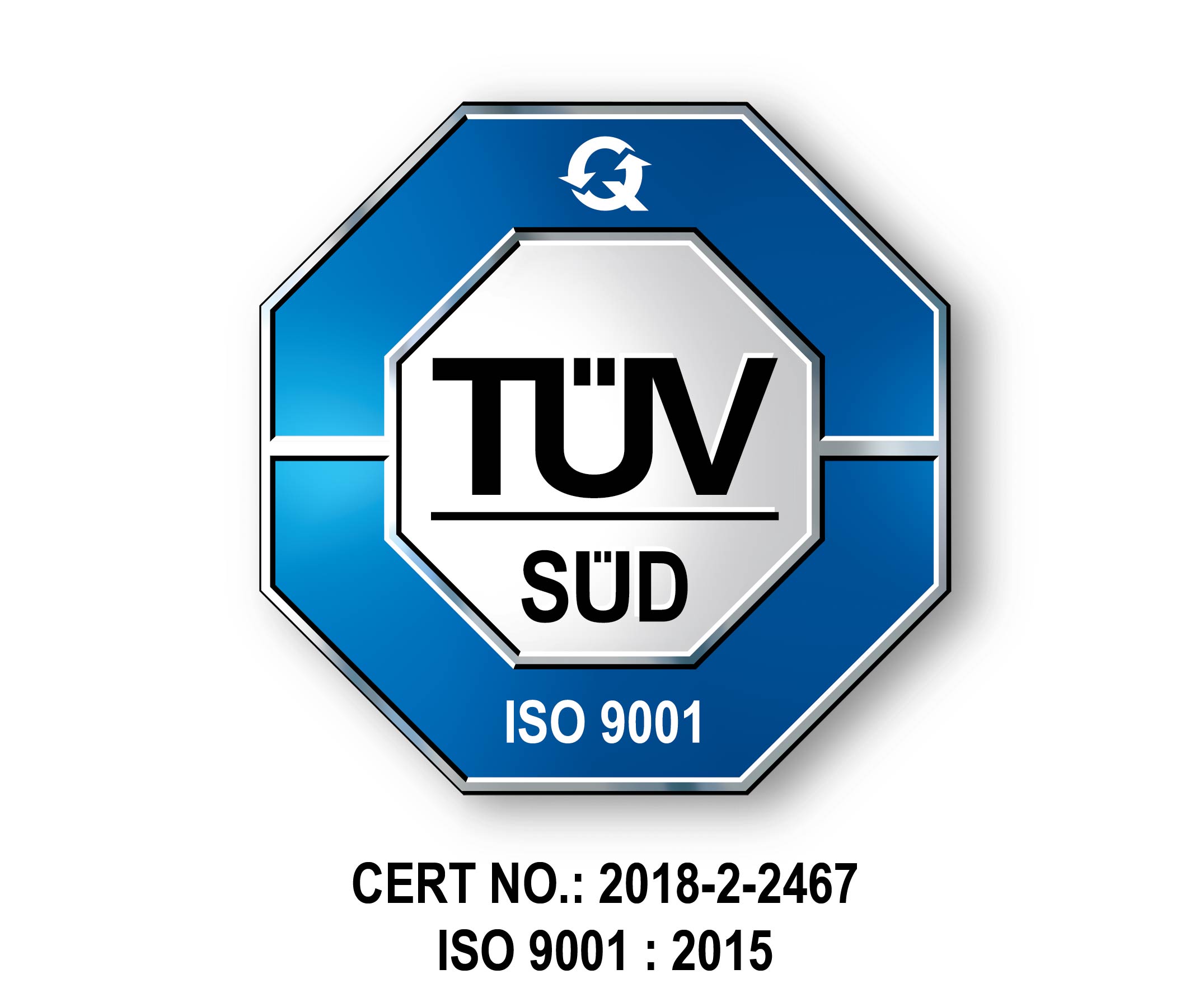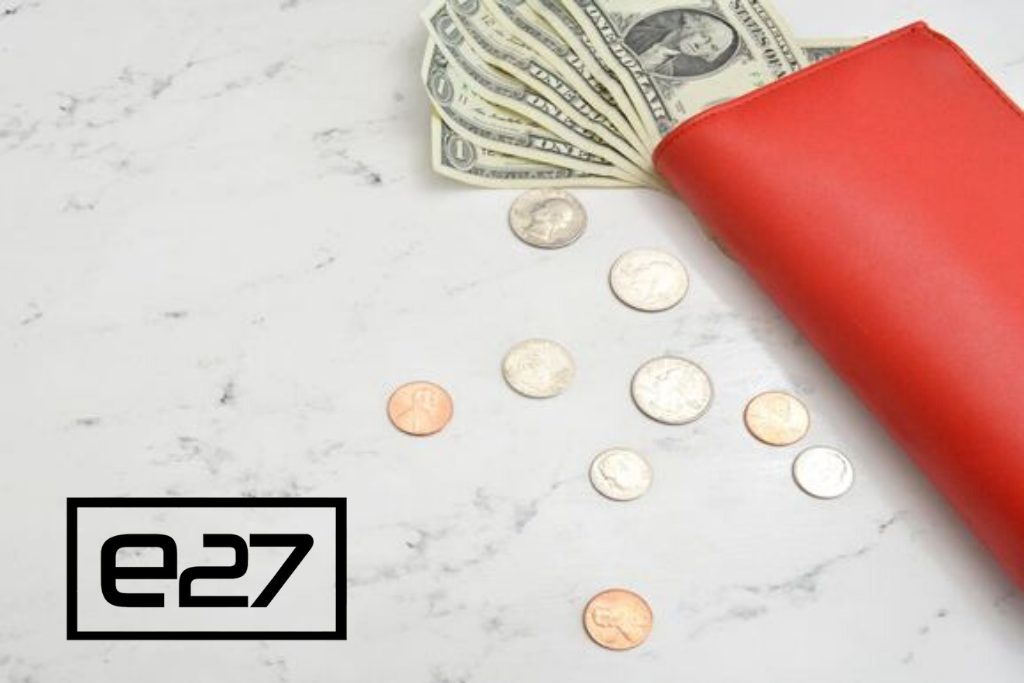
Getting a loan from a money lender in Singapore might be nerve wracking for some. When most think of money lending, they think of a pig’s head hanging by their door or that ‘O$P$’ red paint on the corridor.
However, loan sharks and licensed money lenders in Singapore operate very differently. Let us look at what a licensed moneylender can and cannot do to a borrower.
What A Licensed Money Lender Can Do
The activities of a licensed money lender in Singapore are strictly regulated under the Moneylenders Act. This includes securing the confidentiality, privacy, and integrity of the borrower.
Usually, the task of chasing after debts is outsourced to debt collection agencies, who on behalf of the licensed money lender, will chase you for the money owed.
These debt collection agencies usually comply with the industry’s Code of Ethics set by the Credit Collection Association of Singapore (CCAS). The CCAS was set up in 2013 to dispel the bad image that the money lending industry has in using extreme scare tactics or violence on borrowers who do not pay up.
It is important that you equip yourself with the knowledge of existing laws to protect yourself from potential illegal or unreasonable tactics by licensed money lenders or debt collectors.
If you difficulties making your repayments, the licensed money lender or debt collector can:
1. Talk to your family, relatives, or friends about the money you owed
In general, debt collectors can stalk you on Facebook, drop by your office, and ask to speak with you, or call your house.

2. Negotiate repayment terms within your means
The debt collectors hired by a licensed money lender in Singapore can help to mediate and negotiate loan repayment plans. It can work both ways:
- You can propose an instalment plan for repayments, and they can take it back to their employer,
- or they can offer you repayment solutions.
Learn more about your options if you can’t pay back your loan with a licensed moneylender here.
What A Licensed Money Lender Cannot Do
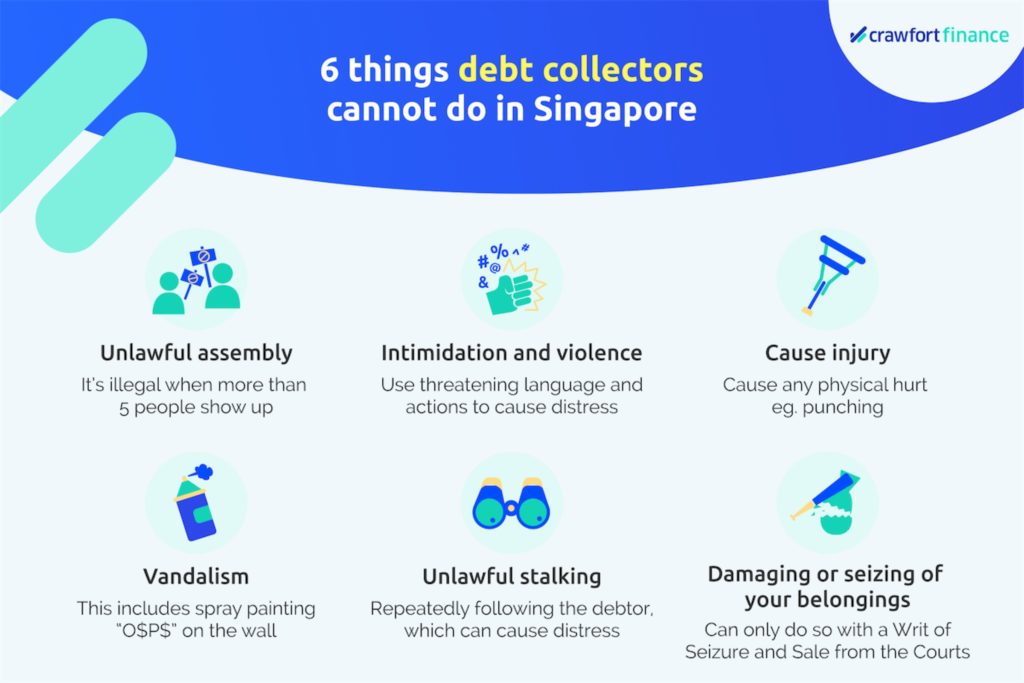
We have all heard stories of debt collectors spraying ‘O$P$’, banging loudly on doors, and hurling vulgarities at borrowers who don’t pay up.
These are scenarios that no borrower wants to be a part of.
Though licensed money lenders and debt collectors do comply within the CCAS Code of Ethics, they are not bound by a specific law. The code merely serves as a guide.
So, it is important that you are aware of any illegal actions they might pose on you.
A licensed money lender or debt collector in Singapore cannot:
1. Harass, threaten, or intimidate
If a money lender or debt collector verbally intimidates you with vulgarities, or threatens to harm you or your family, it may constitute harassment under the Protection From Harassment Act.
In the Act, it is against the law to use threatening, abusive or insulting words, or behaviors with the aim of causing alarm or distress. If they threaten to injure you or destroy your home, they may be liable under the penal code for criminal intimidation.
Note that the money lender or debt collector does not have to lay a hand on you or verbalise the threats. If he uses gestures to intimidate you, it is enough for you to report it as a distressing threat.
2. Stalking
A money lender or debt collector cannot persistently monitor and follow the movements of a borrower as this can be considered an act of unlawful stalking under the Protection From Harassment Act.
Such an act is against the law, particularly if the intention is to intimidate or cause you distress.
3. Cause injury
Causing injury to anyone is a serious offence in Singapore.
If a money lender or debt collector inflicts any harm on a borrower to the point that he is wounded or becomes unconscious, the offender may face imprisonment of up to 2 years or S$5,000 fine or both. For grievous hurt offences such as causing fractures, dislocations, or disfigurements, the offender would possibly be looking at 10-year imprisonment and a fine or caning.
4. Vandalize
It is an offence under the Vandalism Act to splash paint or write profanities on public spaces. Yes, even at the doorstep. This includes pasting notice of debt collection or hanging banners around the borrower’s home or workplace.
Such actions to embarrass the borrower could also be treated as mischief under the law and can lead to a fine of about S$1,000 for the offender.
5. Damage or seize control of your property
Some debt collectors may intimidate you by saying they will damage or take away your house, car, or other possessions.
You need to know that without a Writ Of Seizure And Sale from the Singapore Courts, even a licensed money lender cannot seize any of your properties.
Additionally, a money lender or debt collector cannot damage your property. Otherwise, he will be punishable under the Penal Code where the punishment is imprisonment of up to a year, a fine or both.
This applies even though the property is not completely ruined but sustains damages that reduce its value or usefulness.
6. Engage in unlawful assembly
Any licensed money lender cannot come looking for you for debt repayment in a mob-style, that is, in a group of 5 people or more.
Under the law, this could be deemed an ‘unlawful assembly’ that could be punishable by a jail term.
What To Do If You Are Harassed By A Moneylender
A licensed money lender in Singapore or a debt collector would usually abide by the code of ethics set by CCAS, especially if they are members of the association. As such, they try to be reasonable when approaching borrowers for repayment.
However, if you do encounter situations such as intimidation, violence, or damage to your property, you should:
1. Alert the police
The police can help clarify if a money lender or debt collector has acted illegally and if further action is required on your part.
If it is found that an offence under the Protection from Harassment Act has been committed, you can apply for a Protection Order or Expedited Protection Order against the money lender or debt collector.
Going to the police will at least keep you away from immediate danger, giving you time to work out ways to pay your debts.
2. Make a complaint to CCAS
You may achieve a resolution with the money lender with the help of CCAS. Do note, however, this is only possible if the licensed money lenders or debt collectors are members of the association.
Trying to get help from CCAS would not work if you borrow from an illegal money lender in Singapore.
3. Negotiate on repayment terms
You must be prepared that this comes with additional fees.
If you are still not able to pay and your debt comes to at least S$15,000, you could file for bankruptcy. This prevents your debt from further escalating and bars money lenders from starting legal proceedings against you.
For debts not more than S$100,000, you can opt for the Debt Repayment Scheme (DRS).
The DRS is an alternative to bankruptcy. It seeks a win-win outcome for both the lender and the borrower.
If you qualify, an Official Assignee (OA) will assess your suitability and work out a Debt Repayment Plan (DRP) suitable for you. Under the DRP, you will have to commit and repay your debts over a fixed period of time of not more than 5 years.
Here are some of the pros and cons of the scheme:
| Pros of DRS | Cons of DRS |
| – Alternative option to bankruptcy – Covers all unsecured loans |
– Scheme isn’t free – Court recommended only – Will be in public record (initiated by bankruptcy application) |
Source: Credit Counselling Singapore Society
Learn more about other alternatives to filing for bankruptcy here.
Having enough information and knowledge before applying for a personal loan is important. Getting a personal loan does not need to be a tedious and unpleasant process.
























